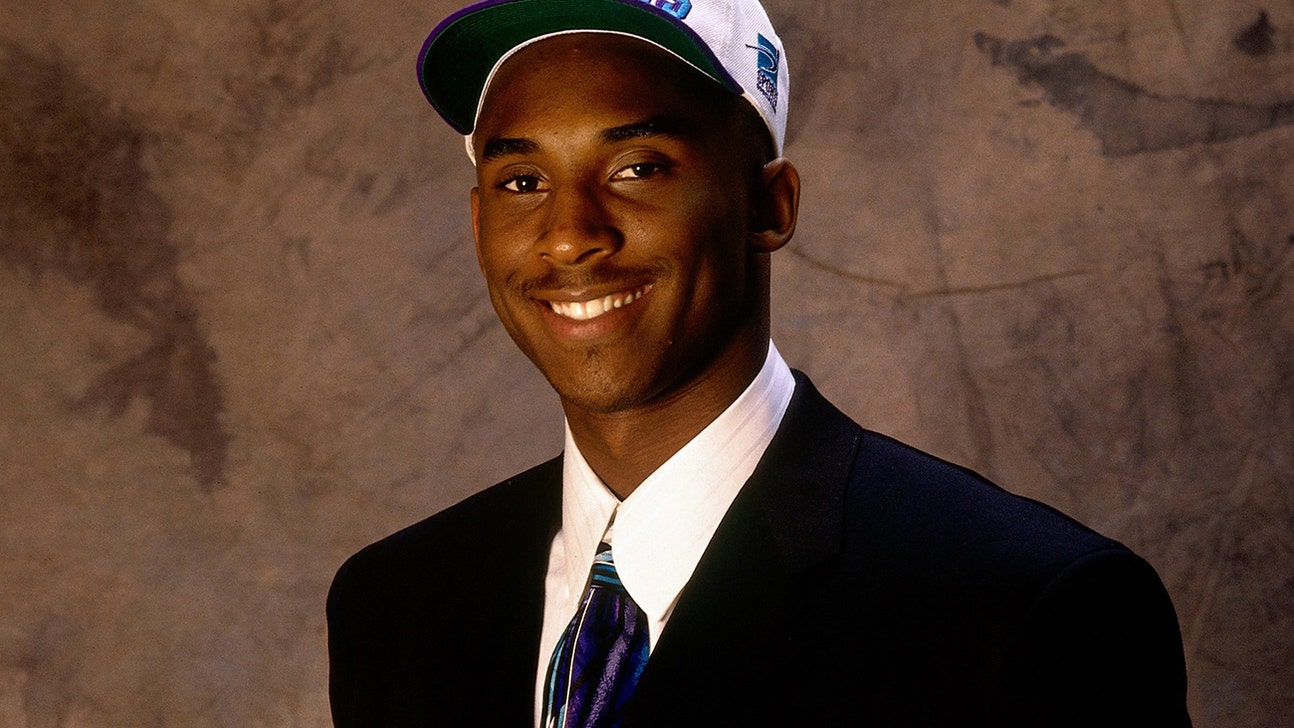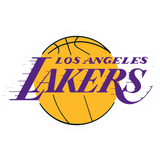
Was trading Kobe Bryant the worst mistake in NBA history?

On Monday night, Kobe Bryant will make his final trip to Charlotte as a member of the Los Angeles Lakers. Our gaze, however, is fixed on the past. Almost 20 years ago, the Charlotte Hornets made one of the biggest mistakes in NBA history. Coming off a .500 season in which they missed the playoffs and lost nine more games than in the season before, the Hornets felt like they needed to reinforce their rotation with a proven veteran presence.
The previous November, Charlotte dealt Alonzo Mourning, a rising 24-year-old perennial All-Star, to the Miami Heat for Glen Rice and a few spare parts. Rice was 28 at the time, and made the All-Star team in his three seasons as a Hornet. But in the mid-90s, the NBA prioritized size, rebounding and paint protection over three-point shooting.
It was a more physical game, and the Hornets felt Mourning's loss. Their defensive rating plummeted from ninth to 27th (out of 29 teams). A big man was needed, and trading the 13th pick in that year's draft seemed like a pretty good way to solve the problem. They shipped it to the Lakers for 28-year-old Vlade Divac, an efficient seven-footer with magical vision and rebounding chops. Good move? Um, not so much.
The forfeited pick turned into Kobe Bryant, and while there's no way of knowing what type of career the Hall of Famer would've had in uneventful Charlotte instead of glitzy LA, it's fair to say the Hornets would like to have that move back.
On this day 18yrs ago the hornets told me right after they drafted me that they had no use for me and were going to trade me #thanku #lakers
— Kobe Bryant (@kobebryant) July 1, 2014
Over the years, the story has somehow shifted into one that forced Charlotte's hand. Bryant wanted to play in L.A., and he would have made life hell for the Hornets had they selected him. But that doesn't exactly dovetail with actual history. Bryant himself told reporters as far back as 2000 that he would have gladly played for Charlotte. Instead, the Hornets traded Bryant for what amounted to a rental. Divac spent only two years with the Hornets before signing with the Sacramento Kings, where, ironically, he'd spend the next few years battling the Lakers in some of the most memorable playoff series the league has ever seen.
Hindsight is 20/20, and at the time nobody knew how good Bryant would be. The Hornets had a solid team and figured they could pose a decent enough challenge to Michael Jordan's unbeatable Chicago Bulls. Larry Johnson was a monster. They traded for a promising Kenny Anderson at the deadline and had Rice and an aging Dell Curry spotting up beyond the arc.
It was a decent group. Thinking Divac was the missing piece was a clear mistake, but you can sort of see why they did it. Of course, given how the CBA is currently structured and the value rookie-scale contracts have in today's marketplace, there's a zero percent chance this type of trade would happen right now.
But as they've done so many times in their history, the Lakers took advantage of a small-market team's inability to gauge their own timeline. It worked like a charm, and the Hornets have paid for it ever since.
Despite winning 53 games with Divac in the fold, the Lakers had clear foresight making this move. The 1996 season was Magic Johnson's swan song. At 36, he came out of retirement in January to play 32 games and help guide LA to a playoff berth. The Lakers had the league's fourth-best offense that season; Elden Cambell, Cedric Ceballos, Nick Van Exel and Eddie Jones were viewed as the future.
But this wasn't a championship core. A key piece was missing, and, somehow, someway, the Lakers were smart enough to identify Bryant (and Shaquille O'Neal, who was lured from the Orlando Magic that same summer) as the thing they needed most.
For the Hornets, this decision will sting forever.








